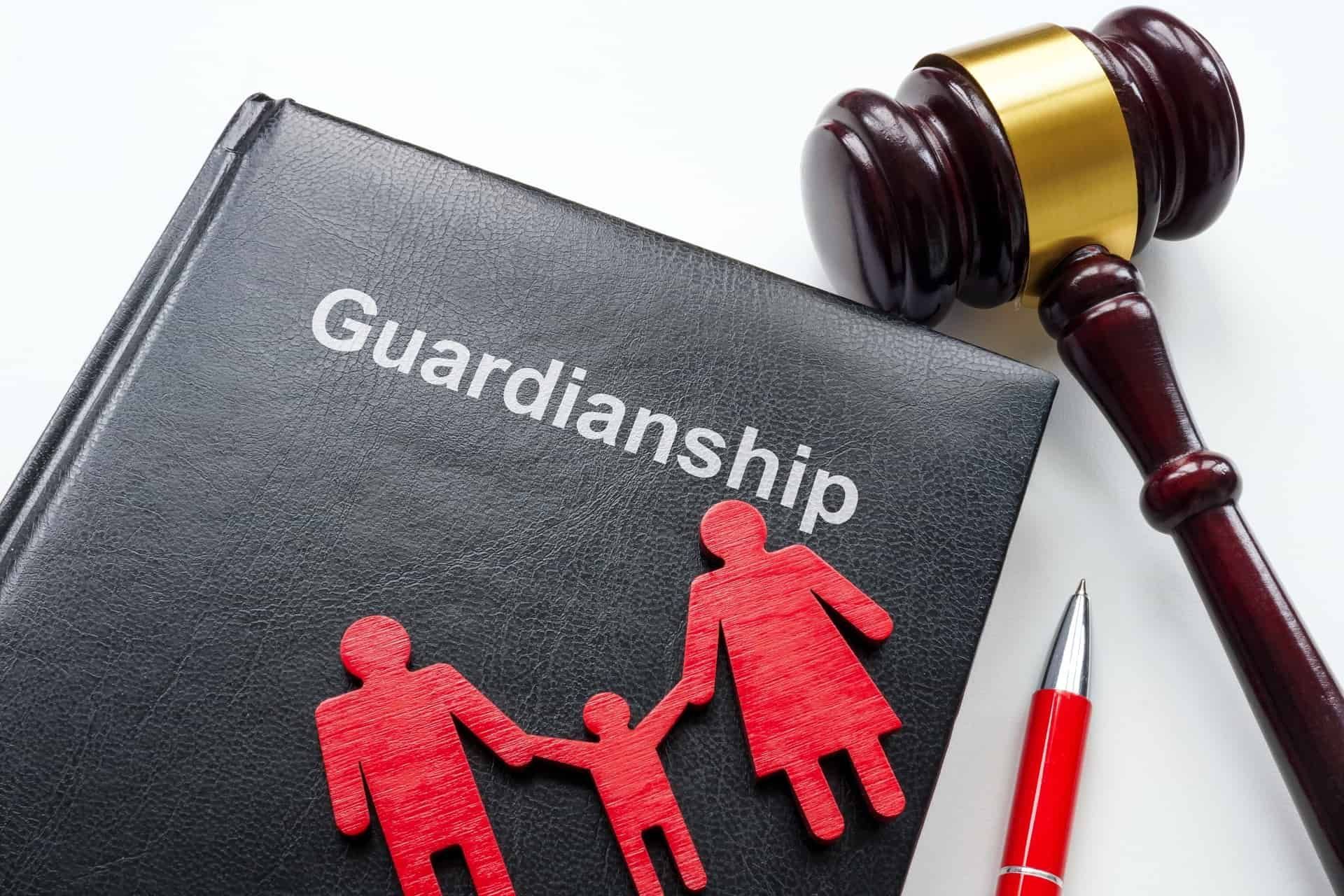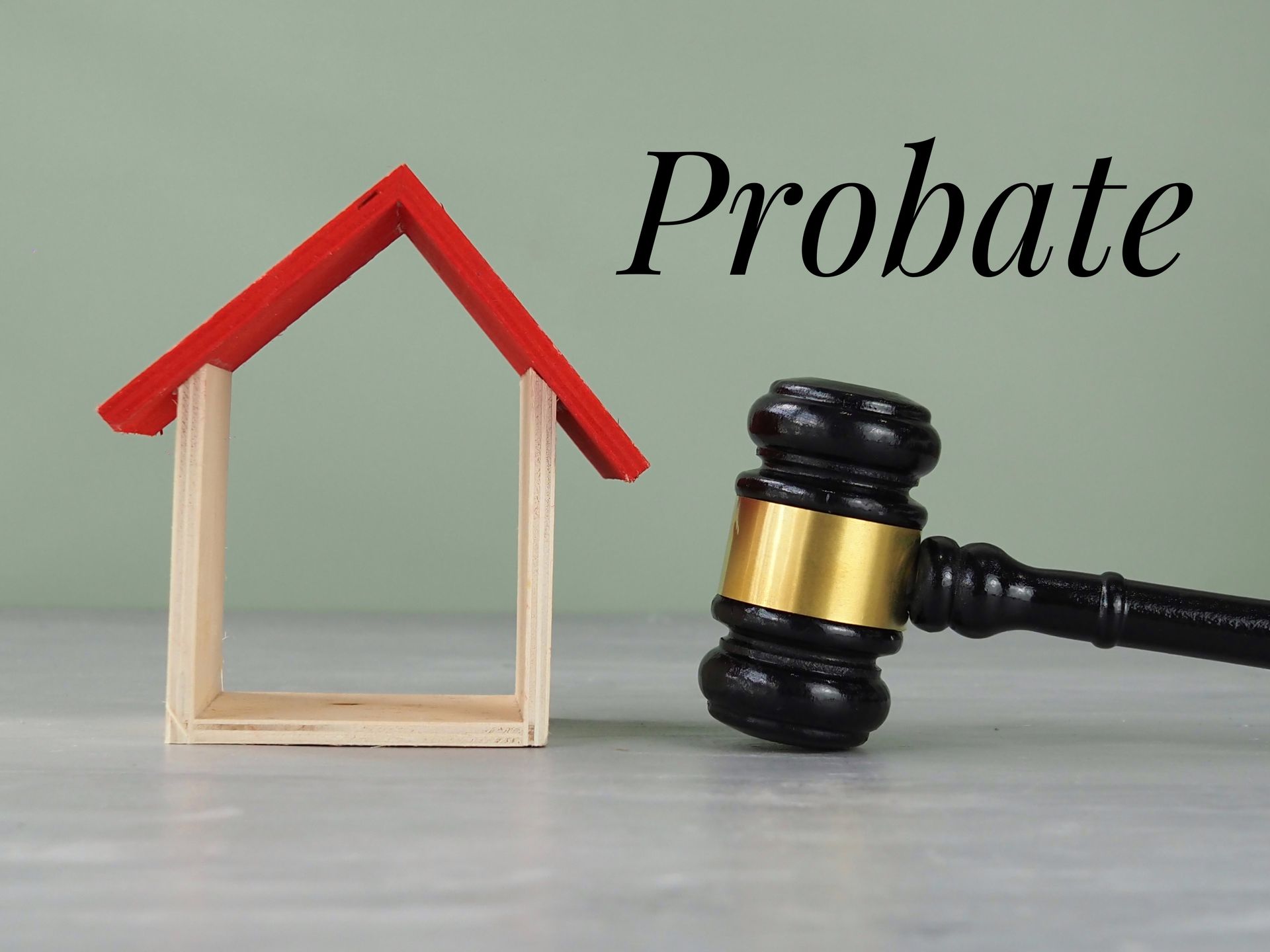Contesting A Will In Florida
Inheritance often presents a stressful time for the family. Apart from the emotional toll of dealing with the death of a loved one, the process of dividing the assets tends to unfold in unexpected ways.
For instance: what if, after the probate of a loved one's will, you find yourself disappointed with your share of the estate? Is there recourse available to address such a situation?
The answer typically hinges on various factors. If you have standing, you may have valid grounds for contesting a will in Florida. Similarly, if the
probate process remains incomplete, then, under the right circumstances, you may have a fighting chance.
How can you contest a will?
The answer is by filing a petition in the probate court overseeing the will's probate. The goal is to have the court revoke or declare the will invalid based on legal grounds such as undue influence, fraud, coercion, or other valid reasons.
Subsequently, both the estate and the court will be informed of the contestation, leading to either a settlement or a hearing. In the event of a hearing, the judge will have the final say regarding the validity of the contested will.
Keep in mind that contesting a will is only possible for a select few individuals in the process, including:
- Beneficiary named in the will
- Beneficiary named in a previous version of the will
- Individuals not named in the will who would have been eligible to inherit the estate according to the state’s intestacy law
There’s a deadline for contesting a will in Florida. After a potential claimant receives a Notice of Administration, they have 90 days to create a legal strategy, acquire the necessary documentation, hire an attorney, and ultimately, file a formal lawsuit.
In cases where you receive a Notice of Administration before the will is submitted to probate, this time frame is shortened to 20 days.
Valid reasons for contesting a will in Florida
You can’t contest a will simply because you’re unhappy with how much you received. You need to have a valid reason to do so, such as:
1. Improper technical formalities
Challenging a will on technical grounds is often more straightforward and cost-effective than doing so based on factors like undue influence or lack of capacity.
In Florida, the basic requirement for a will to be considered valid is for the testator to have been a legal adult of a sound mind. If they meet the qualifications, the document must comply with the following statutory formalities:
- Must be in writing
- Must be signed by the testator
- Testator must acknowledge signing (or directing another to sign) in the presence of two witnesses.
- Two witnesses must sign the will in the presence of each other
If any of these are missing, the will is considered invalid.
2. Undue influence
Contesting a will based on undue influence revolves around the assertion that the testator's decision-making was significantly manipulated by external forces such as persuasion, pressure, or other influences.
In essence, you’re arguing that the testator did not act voluntarily but was instead subjected to the willpower of another individual during the creation of the will.
The burden of proof in challenging a will for undue influence rests on you. To establish the presumption of undue influence, you must demonstrate that the person who influenced the testator is a beneficiary of the will, shared a confidential relationship with the decedent, and played an active role in the procurement of the will.
3. Lack of testamentary capacity
Contesting a will on the grounds of lack of testamentary capacity involves calling the testator’s mental capacity at the time of creating the will into question. The Florida Supreme Court in 1953 defined being "of sound mind" as the ability of the testator to generally comprehend:
- Nature and extent of their property
- Relationships of those who would naturally receive their assets
- Practical implications of the will
If a testator has a diminished mental capacity (typical with certain conditions or old age), they are more susceptible to undue influence even if they don't completely lack capacity.
Florida courts consider factors such as the testator's weakened mental and physical health in cases involving undue influence. Additionally, courts have acknowledged that even a slight disparity in mental acuity between the testator and the beneficiary can contribute to a claim of undue influence.
4. Fraud
According to Florida law, a will becomes void if fraud is involved in its procurement. There are two primary types of fraud in contesting a will:
- Fraud in the Execution: this occurs when the testator is misled into believing that the document they are signing is something other than a will.
- Fraud in the Inducement: in this case, the testator is intentionally misled about a material fact, influencing them to create a different will than they would have otherwise.
Evidence needed to contest a will
To contest a will, it's crucial to gather certain evidence. Think of it as any document that provides an insight into what your loved one was thinking, their intentions, or any worries they might have had while creating the will.
If they maintained a journal or diary, it could reveal details about potential will-contesting strategies, including references to intimidation or actions against the will, and the true preferences for estate distribution.
To initiate the process, request the most recent will, earlier versions, and the list of estate assets from the executor. A diligent executor can compare copies and identify critical changes. If you're unaware of any modifications until the will is probated, obtain a copy from the probate court.
Medical records can play a notable role as evidence in contesting a will, providing insights into the testator's testamentary capacity, age, health, and potential impairments. Try to gather these records (including medication details) from nearby medical professionals.
Ensure your loved one’s wishes are respected
Contesting a will in Florida is not just about making certain that everything is right for you - it’s also about protecting your loved one’s wishes. However, doing this is often complex and requires the guidance of a legal professional.
Fortunately, attorneys from
Doane & Doane can help.
During our 20 years in the legal field, we helped many clients contest their loved one’s wills and make sure their wishes were respected. Along with providing an exemplary service, we’ll also approach your case with compassion, because we know from experience that you’re likely still grieving.
As the
estate planning law firm of choice for many Florida citizens and businesses, working with us provides you with a guarantee that your family’s assets and rights always stay protected.
Schedule a consultation - call
561-656-0200 or fill out
our contact form.
Note:
The information in this blog post is for reference only and not legal advice. As such, you should not make legal decisions based on the information in this blog post. Moreover, there is no lawyer-client relationship resulting from this blog post, nor should any such relationship be implied. If you need legal counsel, please consult a lawyer licensed to practice in your jurisdiction.
Disclaimer: The information on this website and blog is for general informational purposes only and is not professional advice. We make no guarantees of accuracy or completeness. We disclaim all liability for errors, omissions, or reliance on this content. Always consult a qualified professional for specific guidance.
RECENT POSTS






